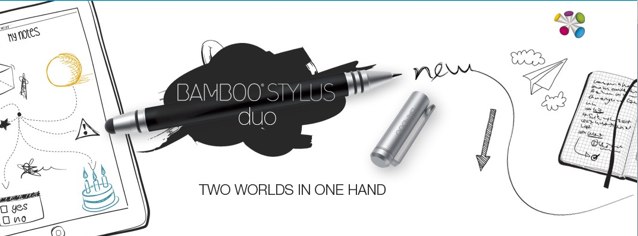Apple’s online store just went down, and it looks like the Cupertino company has switched out the yellow sticky note of old for a cleaner, fresher look. It’s very simplistic and contains plenty of linen, like the rest of Apple’s recent UI designs.
We’re fans of the new “We’ll be back” design. What do you think?
(The store is probably just down for maintenance, but we’ll let you know if anything interesting pops up.)
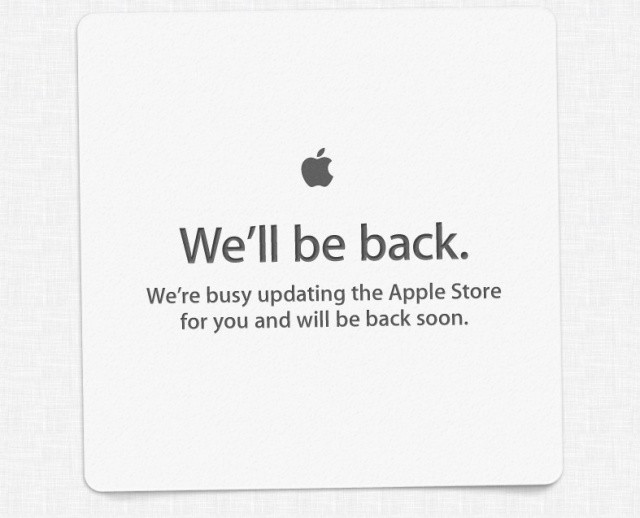


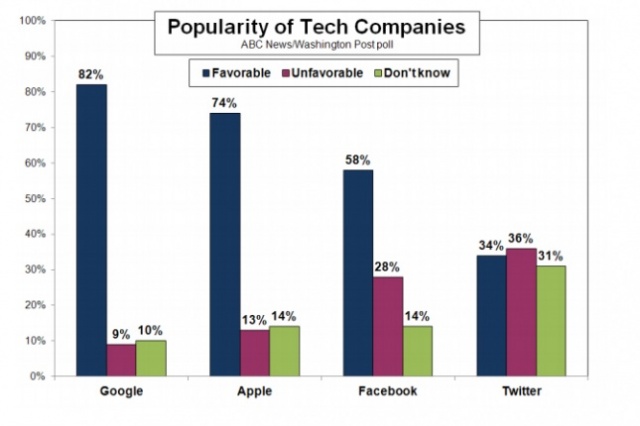
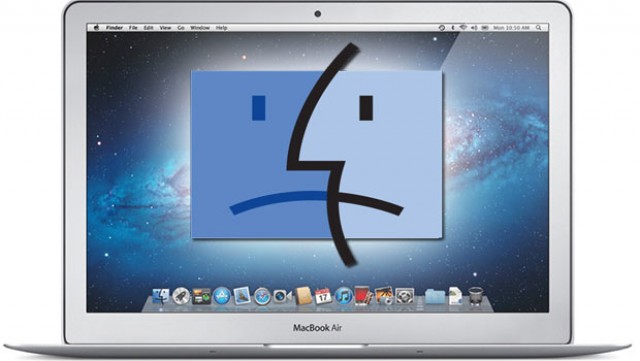
![The Many Voices Of Siri [Video] Siri is witty, but she could be smarter.](https://www.cultofmac.com/wp-content/uploads/2012/03/Siri.jpg)
![Apple To Release iTunes 11 Alongside iOS 6, App Store Revamp Also Coming Soon [Rumor] Patented.](https://www.cultofmac.com/wp-content/uploads/2012/03/iTunes10.jpg)
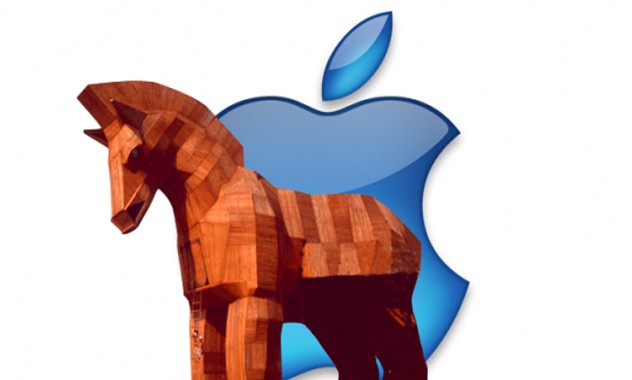

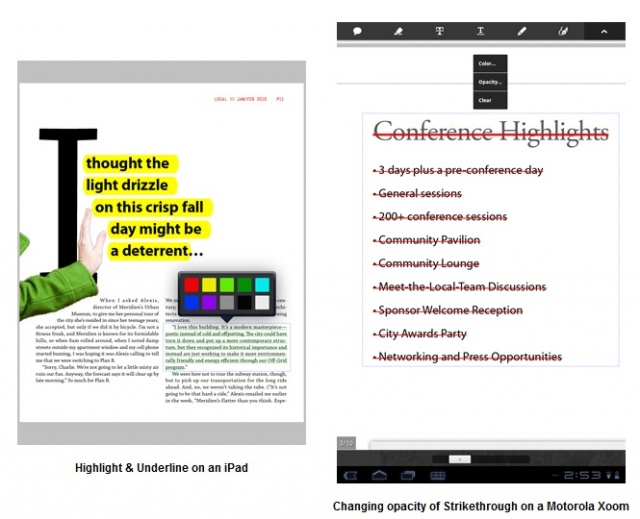
![Stride Lets You Unlock Your iOS Lock Screen With A Customized Gesture [Jailbreak] That doesn't look like your typical iOS lock screen.](https://www.cultofmac.com/wp-content/uploads/2012/04/Screen-Shot-2012-04-10-at-6.25.31-PM.jpg)
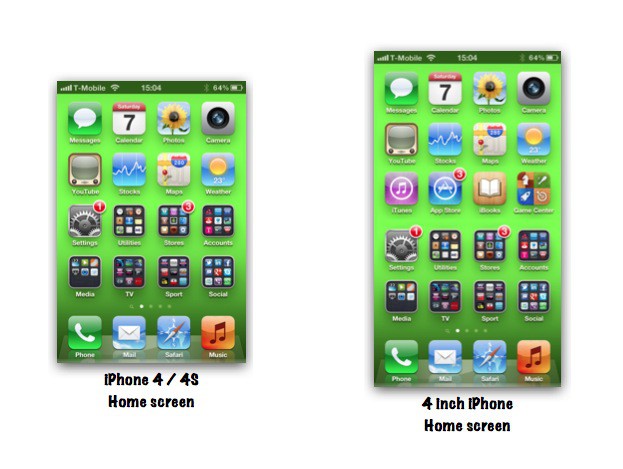
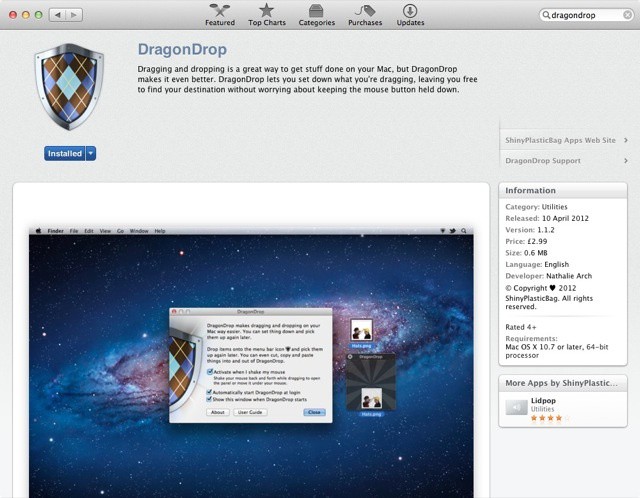
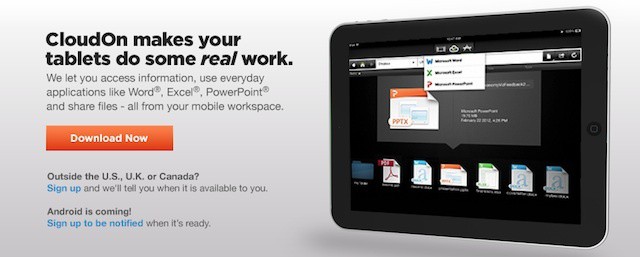
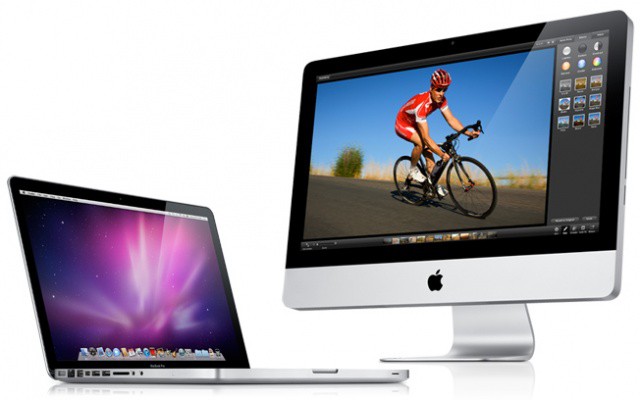
![Meet OS XI: iOS And OS X Combined [Gallery] Could this be what a unified OS X and iOS will look like?](https://www.cultofmac.com/wp-content/uploads/2012/04/Screen-Shot-2012-04-10-at-1.23.48-PM.jpg)



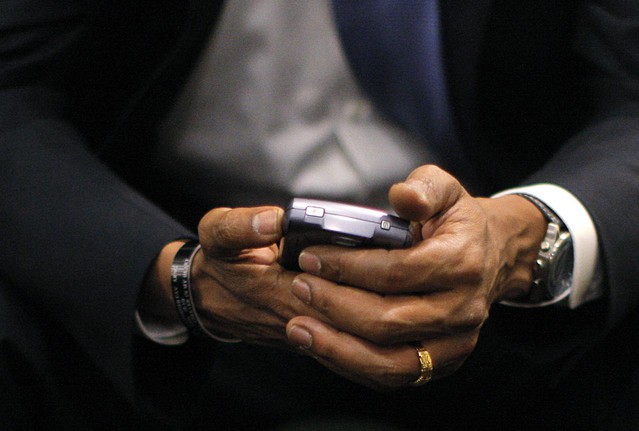

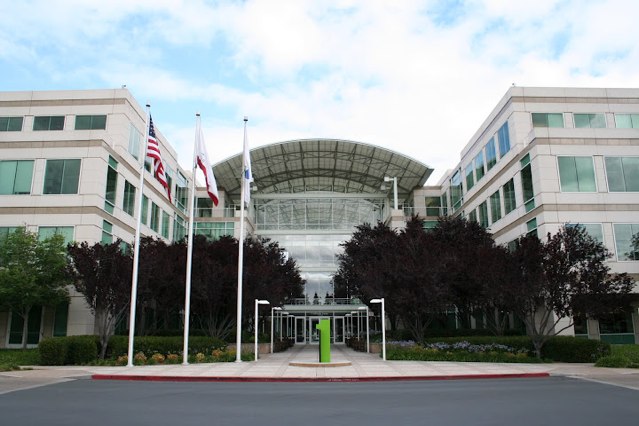
![Big Blue’s Bluetooth Speakers Take Your Tunes Back to Mono [Review] Big Blue : Live](https://www.cultofmac.com/wp-content/uploads/2012/04/Big-Blue-Live.jpg)

